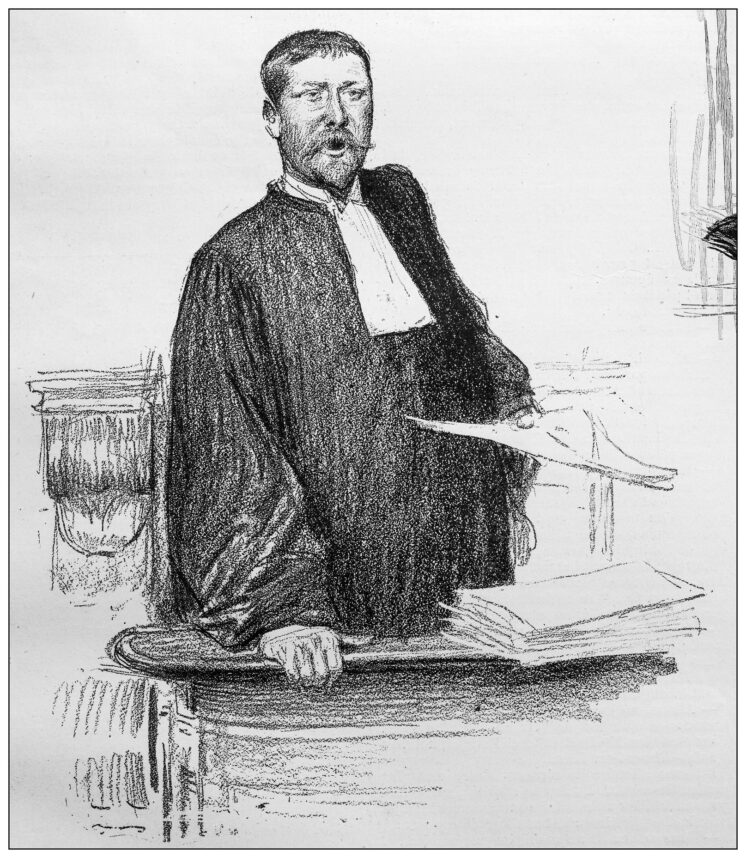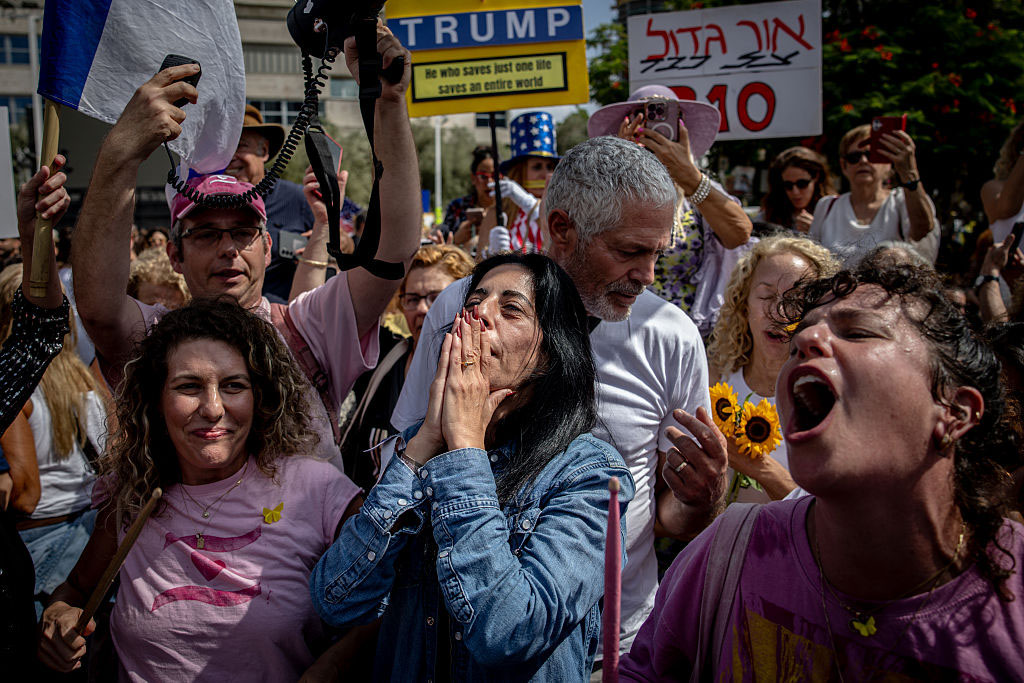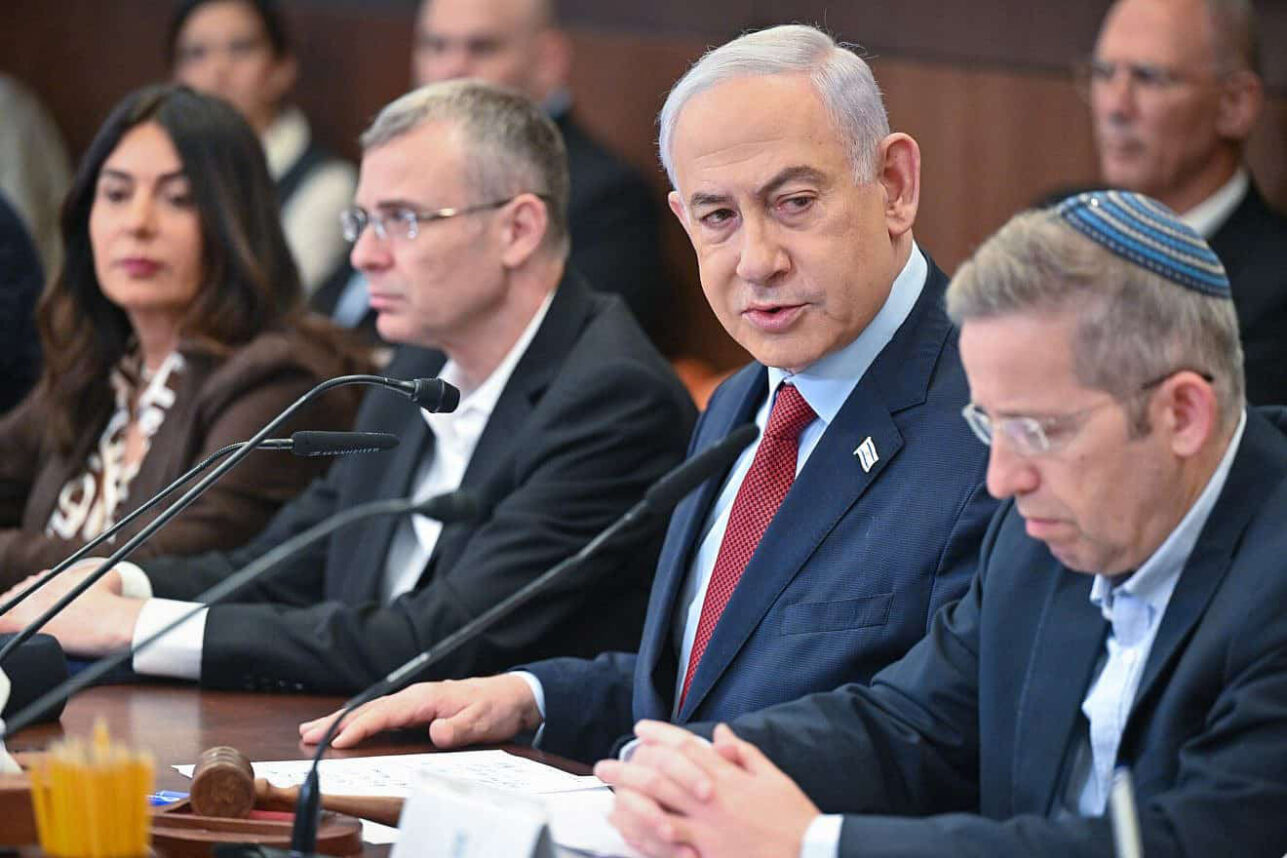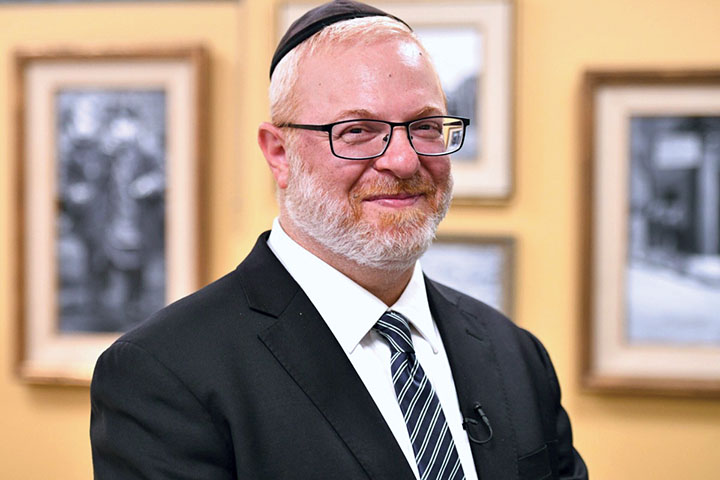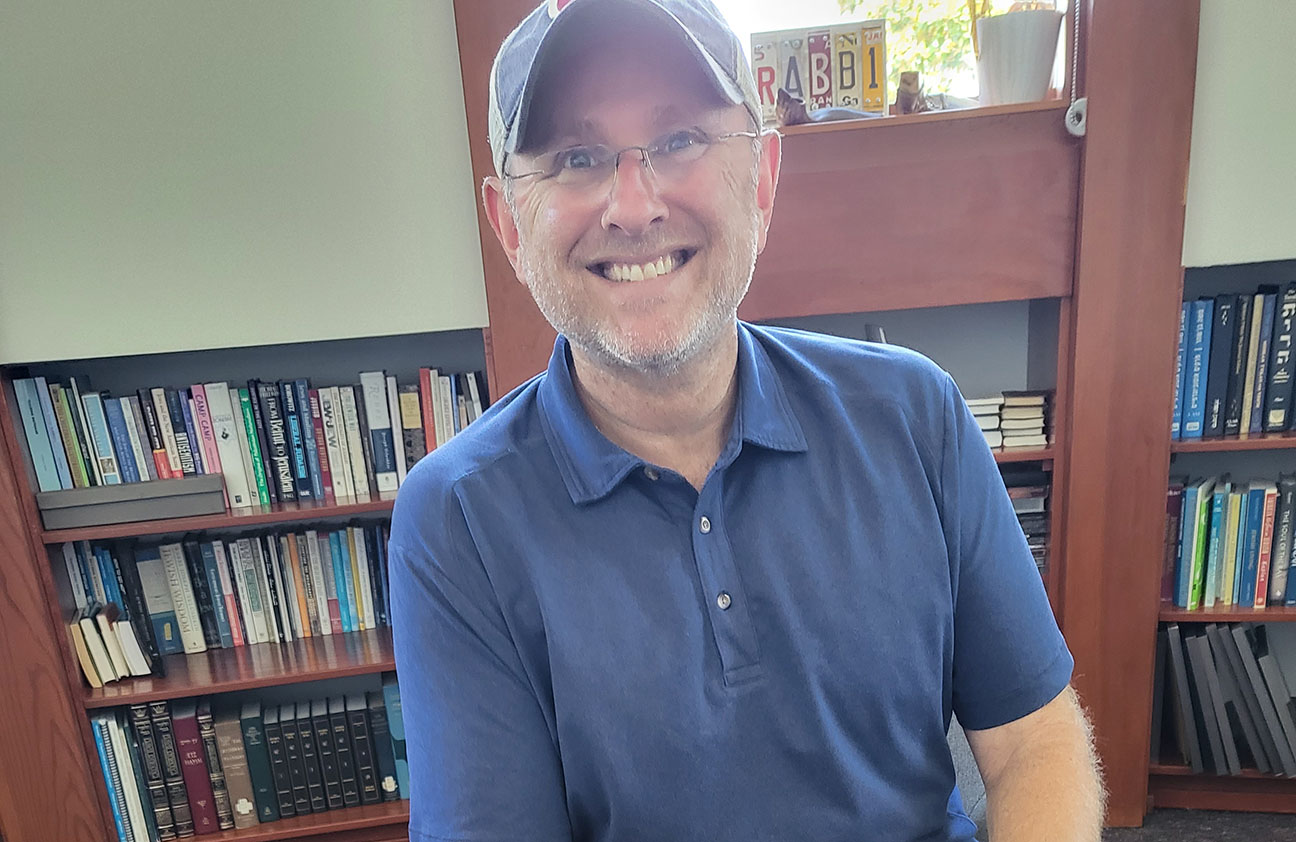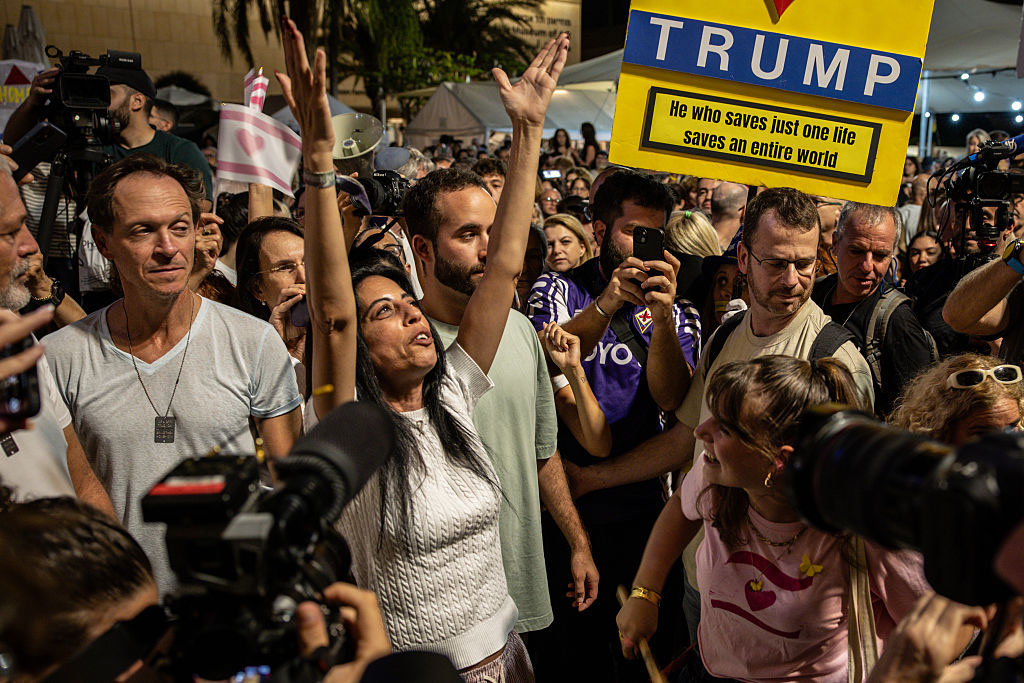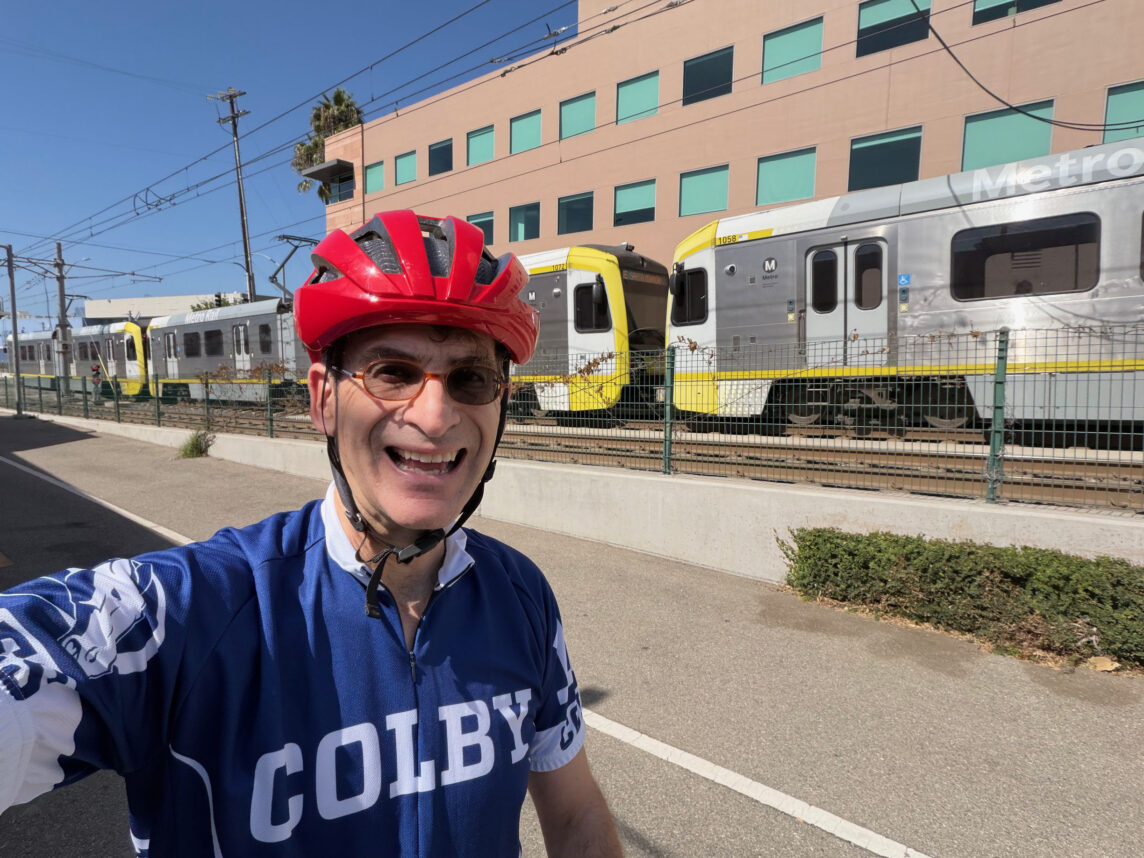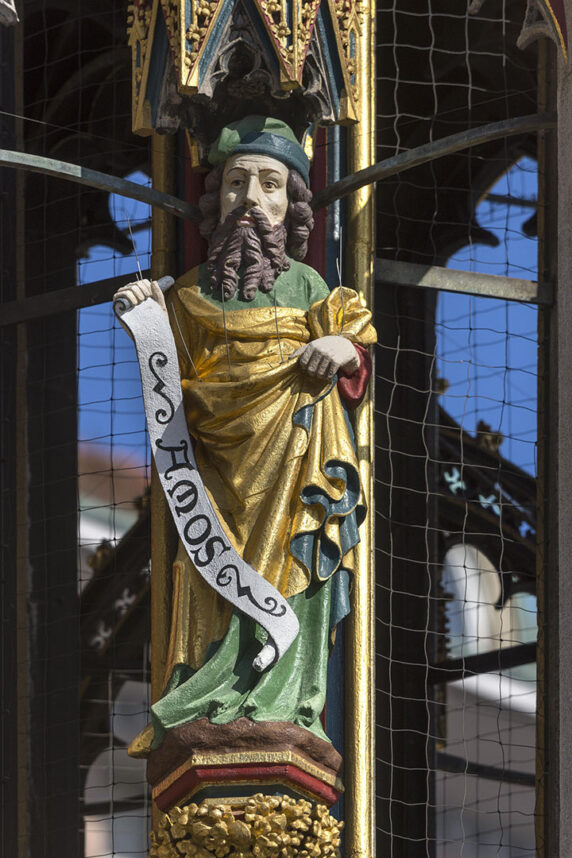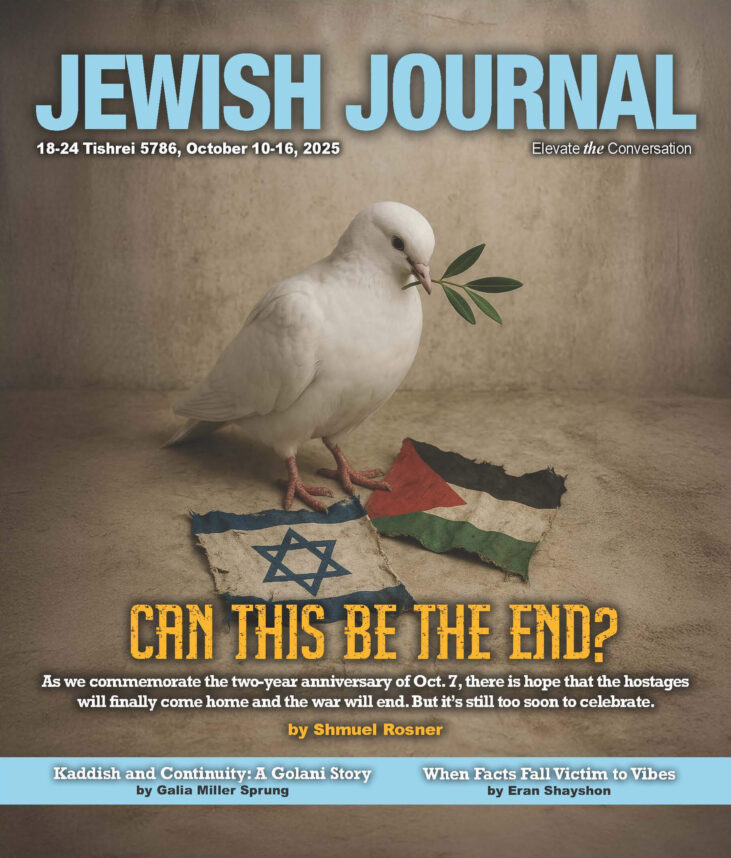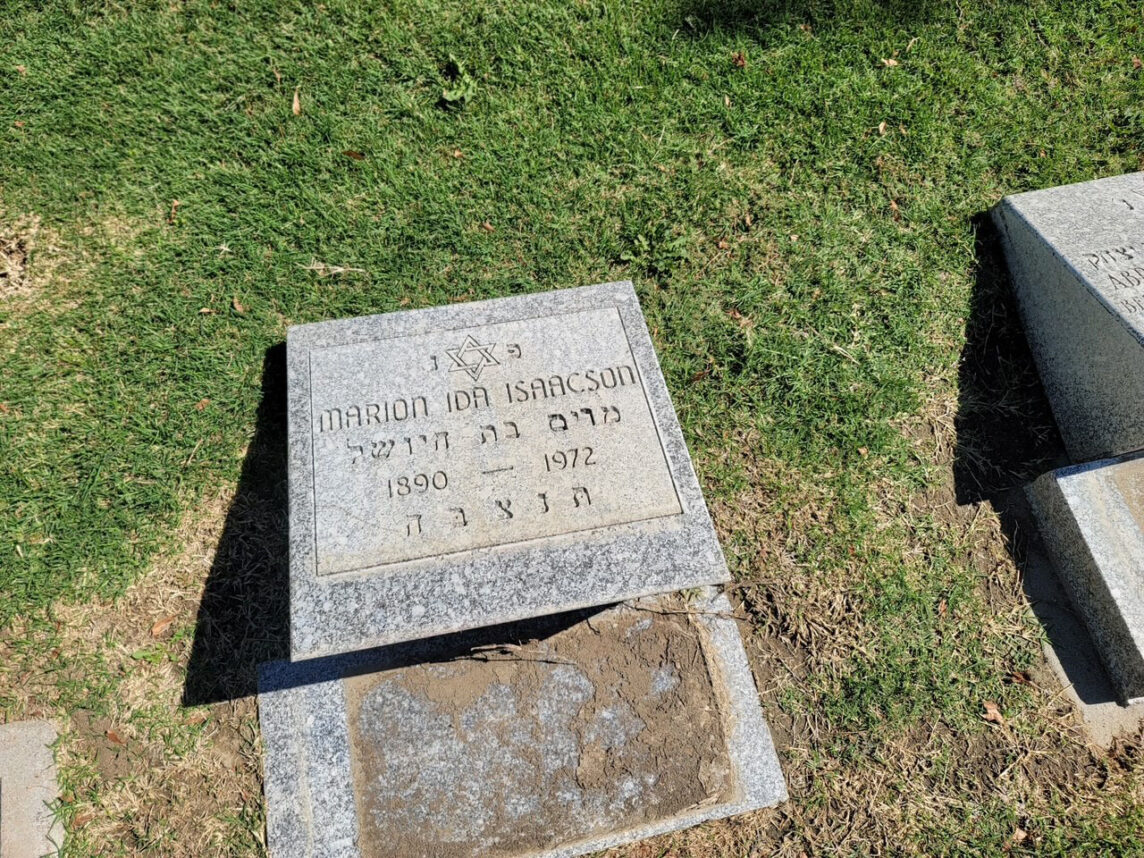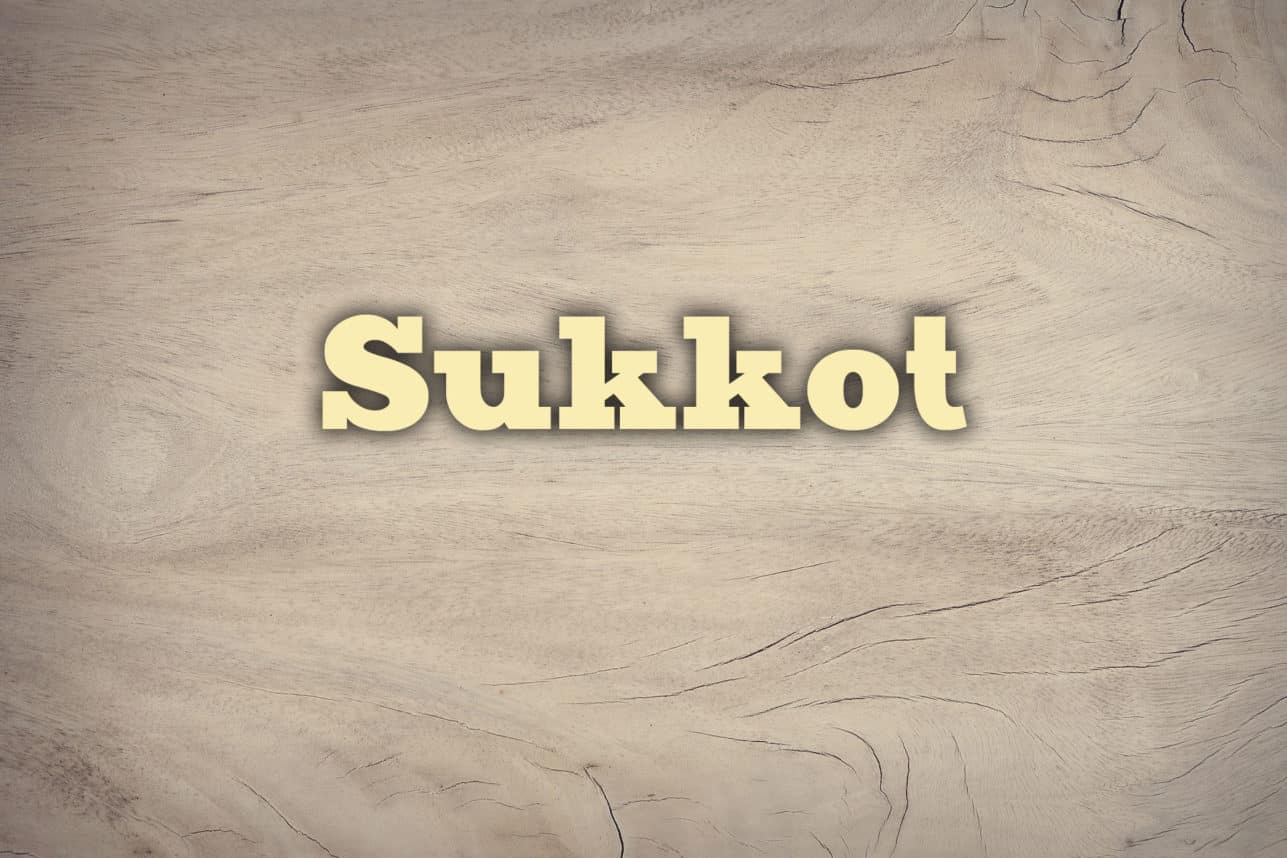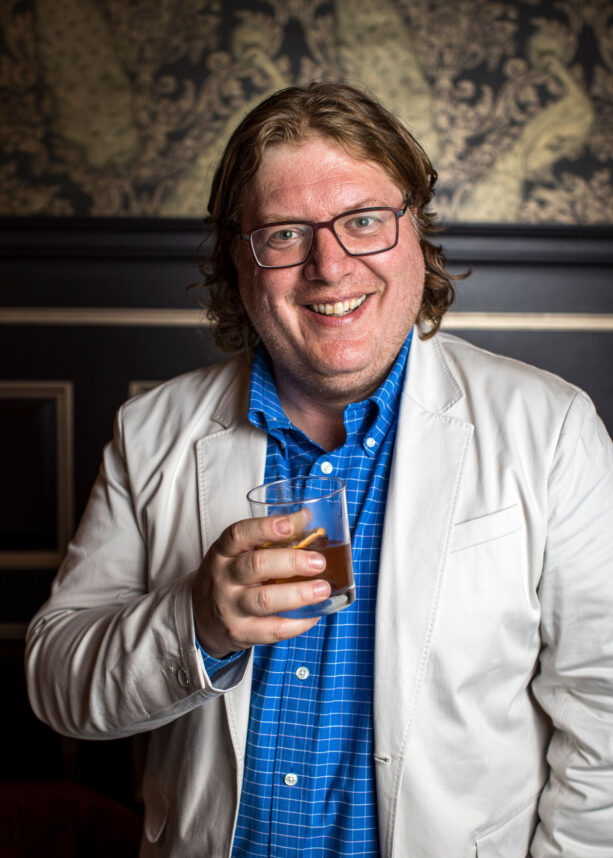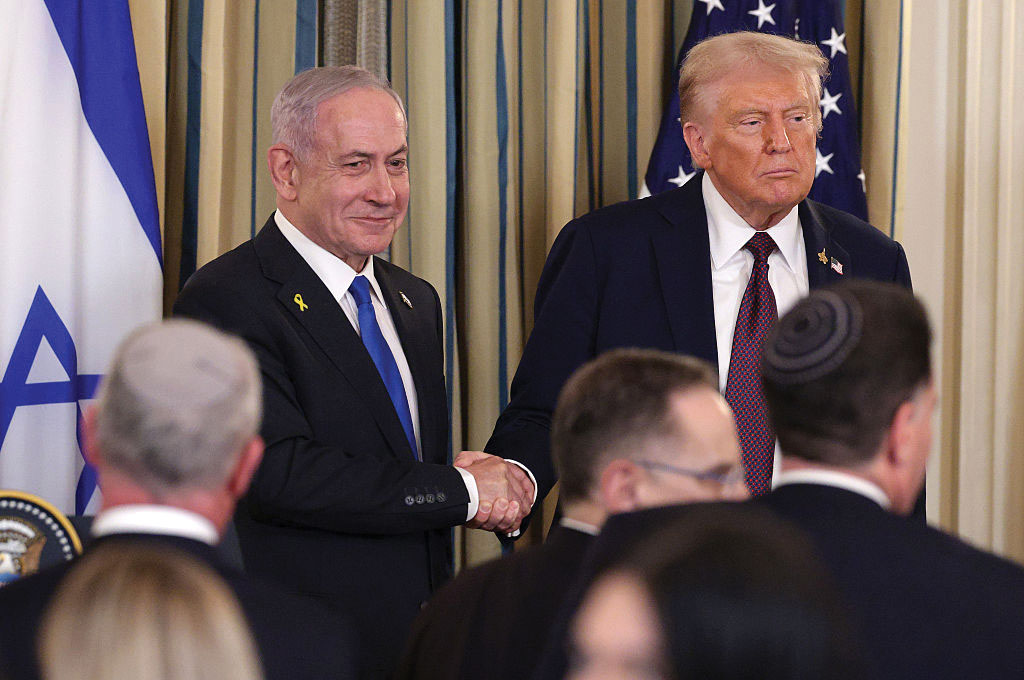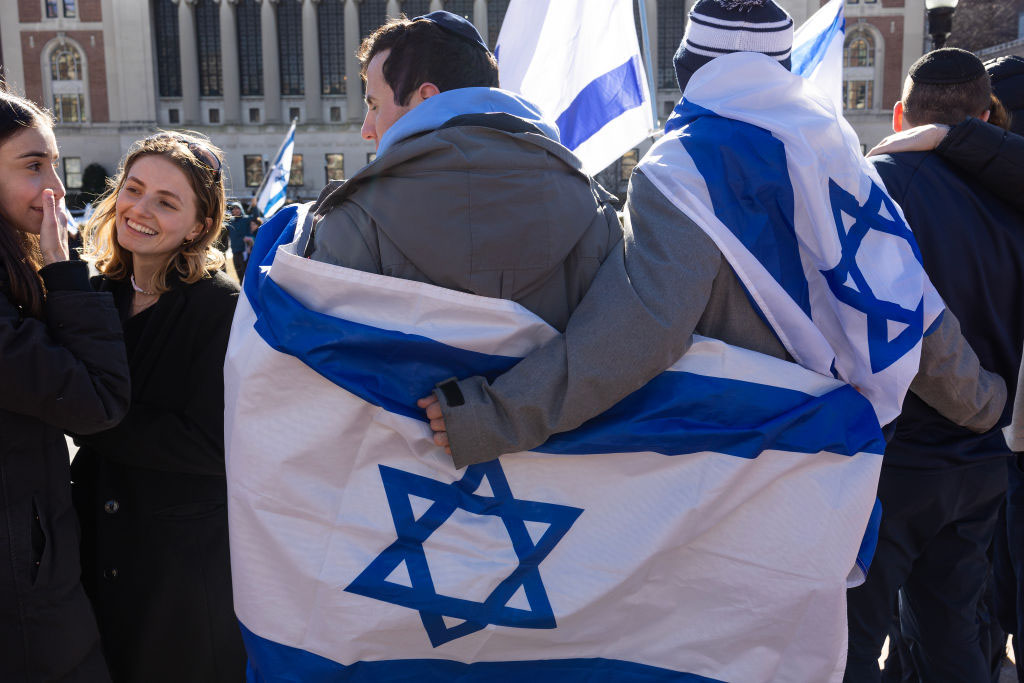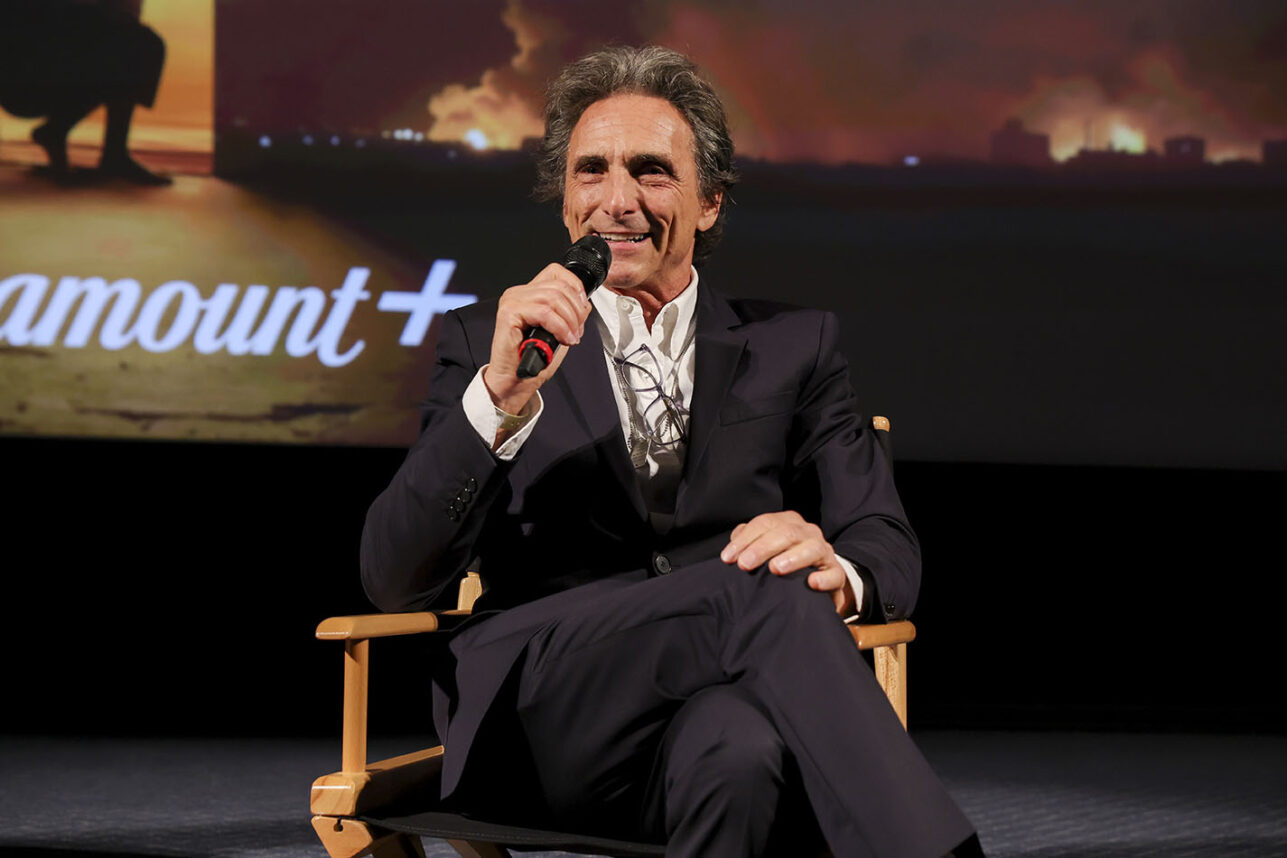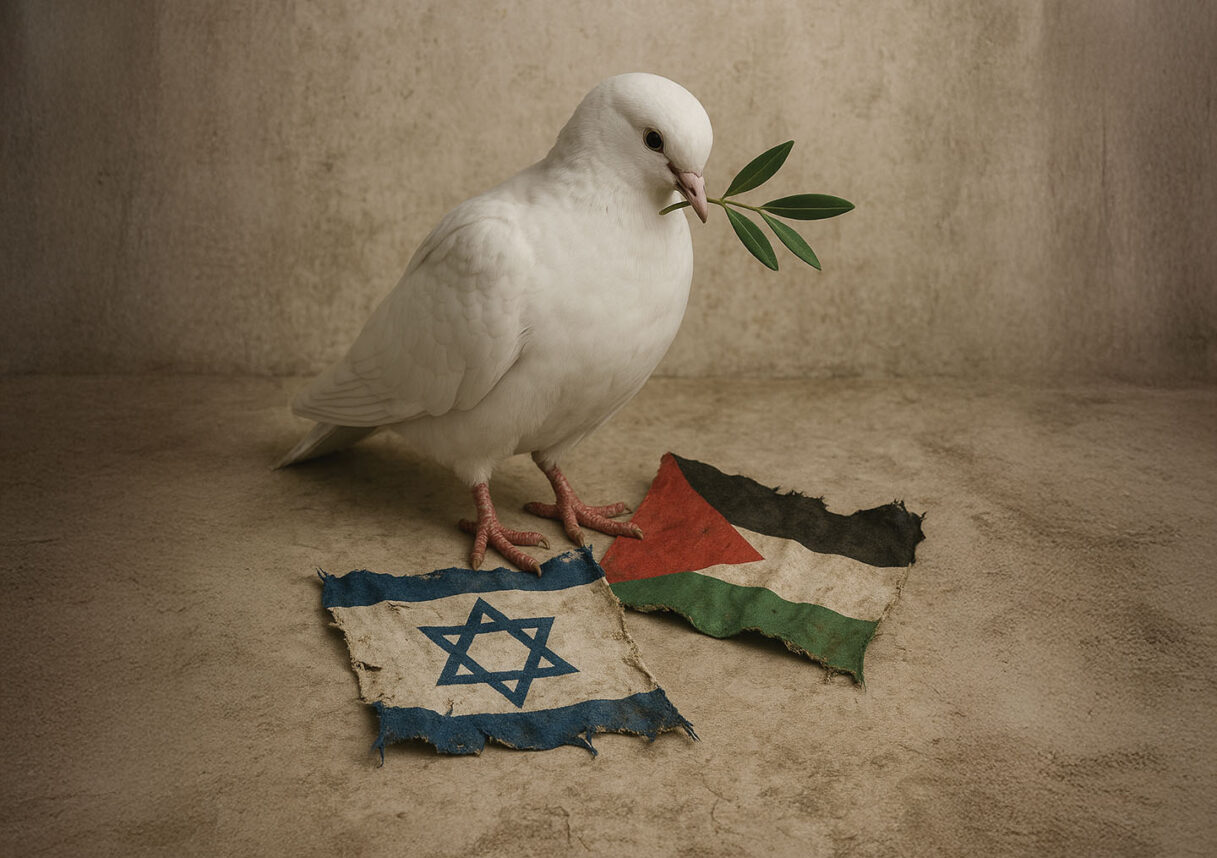
A Jewish student at Princeton University wrote in an Oct. 20 op-ed for the Daily Princetonian that she was pained at a panelist’s Oct. 10 remarks on Israel, which including calling an Israel Defense Force (IDF) veteran “a concentration camp guard.”
The Oct. 10 “Fighting for Justice: From Gaza to Ferguson” panel featured political scientist Norman Finkelstein, Amnesty International’s Edith Garwood and People’s Organization for Progress Chair Lawrence Hamm and featured the African American Studies Department, Near Eastern Studies Department, Undergraduate Student Government (USG) Projects Board, Alliance for Jewish Progressives (AJP) and Princeton Young Democratic Socialists as co-sponsors, according to the Princetonian.
During the panel, a member of the audience, student and IDF veteran Jacob Katz challenged Finkelstein on his assertion “that Palestinian peace efforts are entirely nonviolent,” arguing that he saw Palestinians commit violence in the Gaza Strip during his time stationed on the Israel-Gaza border, per the Princetonian.
Finkelstein, who is Jewish and the son of Holocaust survivors, replied that meant that Katz, the grandson of Holocaust survivors, was “a concentration camp guard.” Earlier in the panel, Finkelstein called Gaza “a concentration camp” because refugees are killed if they try to flee.
“That’s a hard thing for a Jew to have to swallow, but that’s a fact,” Finkelstein said to Katz. He later added, “Someone like you, with no shame, to say, ‘I am confining a million children in a concentration camp, and you’re not ashamed of that, that’s how ugly [Israel’s] become.’” The audience applauded.
Finkelstein also accused Israeli snipers of being “biped bloodhounds drinking the blood of one million [Palestinian] children” and didn’t condemn Hamas and Hezbollah “if they’re fighting for their basic rights,” according to the Princetonian.
Levy argued that Finkelstein’s remarks were anti-Semitic, pointing to the International Holocaust Remembrance Alliance’s (IHRA) definition of anti-Semitism listing of comparisons of Israel to the Nazis and invoking a “blood libel” toward Israelis as an example of anti-Semitism.
“I think Finkelstein is guilty on all these counts,” Levy wrote. “Finkelstein claims that Jewish students are calling him anti-Semitic to distract from having difficult and important conversations about Palestine and ‘Gaza’s martyrdom.’ How dare he claim this when he was the one who used this panel on intersectional alliance as a platform for his anti-Semitism?”
She added that she doesn’t like diluting the Israel-Palestinian conflict in portraying “Israel or Palestine as an evil aggressor. I think we are smarter than that, and I think both Israelis and Palestinians deserve more than that — more than unfairly minimizing a complex and nuanced conflict.”
Levy then wrote regarding the people that applauded, “Did you wake up that morning thinking you would be complicit in an anti-Semitic attack, or did it just happen (whatever that means)? Why did you snicker? Why did you clap? Why did you sit idly by as Finkelstein said harmful and hurtful anti-Semitic things?”
When asked for comment on Levy’s op-ed, Finkelstein told the Journal in an email, “Did you happen to notice any evidence supporting any of the accusations? I didn’t. It seems she was trying to break the Guinness Book of World Records for the number of times you can say ‘anti-Semitic’ in an op-ed.”
In their Oct. 11 headline of the panel, the Princetonian called Finkelstein’s remarks “anti-Semitic” and specifically referred to his Israeli snipers’ accusation as an “anti-Semitic trope.” Finkelstein pushed back in an Oct. 15 op-ed to the Princetonian, calling the Princetonian’s characterization of his comment as “anti-Semitic” as “libel.”
He argued: “Israel has imposed an illegal and inhuman medieval siege on Gaza since 2006 that has been uniformly condemned by humanitarian and human rights organizations as a flagrant violation of international law” and added that “Israeli sociologist Baruch Kimmerling of the Hebrew University and a leading Israeli journalist covering Gaza, Amira Hass of Haaretz, have both described Gaza as a ‘concentration camp’ and Israeli snipers have been intentionally targeting with lethal weapons children, medics, journalists, and disabled persons nonviolently protesting the blockade of Gaza.”
Eight members of AJP argued in an Oct. 14 op-ed for the Princetonian that Finkelstein “crossed the line” with his “drinking the blood remark” because it “[invokes] the well-known anti-Semitic trope of blood libel, further derailing the conversation and reinforcing a heinous misrepresentation of Jewish ritual that was brought about by and has resulted in many centuries of persecution and suffering.” Finkelstein defended that comment in his op-ed, citing “the world’s leading authority on Gaza’s economy, Sara Roy at Harvard University, who is also the daughter of survivors of Auschwitz” saying that “innocent human beings, most of them young, are slowly being poisoned by the water they drink’” in Gaza.
University spokesperson Ben Chang said in a statement to the Journal, “Free speech and inclusivity are central to Princeton’s mission and the role of the University as a center for free inquiry and the search for knowledge. The University’s fundamental commitment is to the principle that debate or deliberation may not be suppressed because the ideas put forth are thought by some or even by most members of the University community to be offensive, unwise, immoral, or wrong-headed. I am encouraged to see students writing and sharing their views with their fellow community members in a place like the student newspaper on topics as important as these.”









